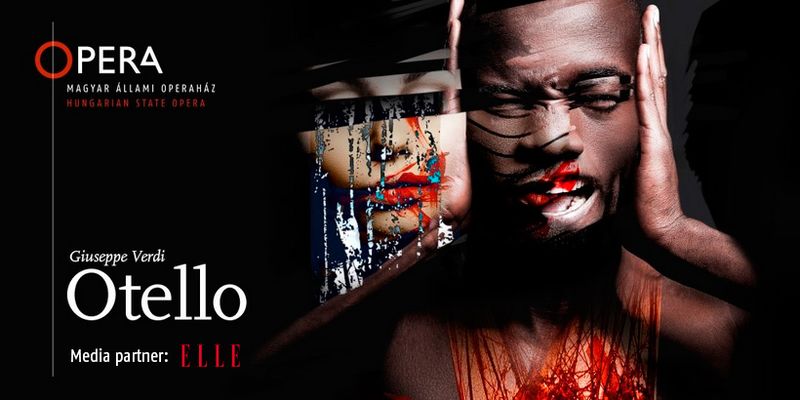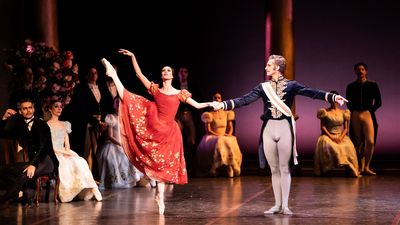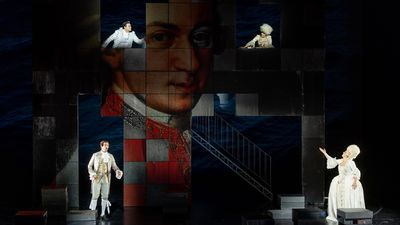
The first premiere of the Opera House, Verdi's Otello is directed by internationally acclaimed director Stefano Poda.
The internationally renowned Italian director, Stefano Poda makes his debut in Hungary with Otello by Verdi on 26 September. One of his grandiose and spectacular directions, Thaïs, staged in Turin was claimed one of the most significant opera productions of the past two decades by BBC Music Magazine. A unique feature of his productions is that in one person he is responsible for direction, stage and costume design as well as lights and choreography. "Only two dimensions matter to in opera: what I see and what I hear," claims the director. "The former is my responsibility, the latter is that of the conductor."
The conductor of the Budapest premiere of Otello is Pinchas Steinberg. This is the second premiere of the internationally acclaimed conductor at the Hungarian State Opera. (The first being Cavalleria rusticana/Pagliacci at the beginning of last season.) He works with such singers as Gabriella Létay Kiss (Chamber Singer of the Hungarian State Opera for the 2014/15 season) as Desdemona, Mihály Kálmándi (Chamber Singer of the Hungarian State Opera for the 2013/14 season) as Iago, and Mexican guest star Rafael Rojas in the title role.
According to the director, opera is the only form of art that is able to bring the audience into a completely parallel dimension. It is the totality of all of the arts in a world of action which is not spoken, but sung: hence, the code of the opera can not be the code of reality, of true life. This is the peculiar approach of Stefano Poda: his method of staging is neither traditional nor realistic. He does not follow codified paths, nor the style or rules of the German Regietheater.

He designs the sets, costumes, lighting and dances for of all his productions himself. This concentrated way of working is not so much a choice based on organisational requirements, but more of a personal need, a vocation: his aim as an artist is to create a maximum sense of completeness and consistency in terms of what is happening on stage. The new fashion in opera is staging apparently new transpositions, trying to explain that the plot is actual; instead, a true stimulus to the audience can be done by a strong rejection of the tautology on stage: i.e. by avoiding to explain twice what is already clear in the music and in the words.

Therefore, this Otello is not television, is not concrete, is not narrative, it does not aim at explaining and codifying what is already expressed by the music. On the contrary, it is a dimension of subconscious, a world of shadows, of visions, of secrets. In front of such a quantity of questions to be reorganised, it is each spectator the true director.


